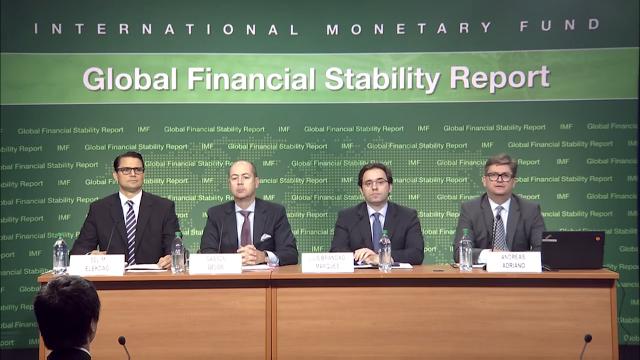
There are two kinds of globalist schemes: First, there are the schemes they spring on the public out of nowhere haphazardly in the hopes that the speed of the event along with some shock and awe will confuse the masses and make them psychologically pliable. This strategy loses effectiveness quickly, though; the longer the plan takes to implement, the more time the people have to reconsider what is actually happening and why.
Second, there are schemes they slowly implant in the collective psyche of the citizenry over many years, much like subliminal messaging or hypnosis. This strategy is designed to make the public embrace certain destructive ideologies or ideas as if these ideas were their own.
The cryptocurrency scam is of the second variety.
I have been suspicious of the cryptocurrency narrative of a “decentralized and anonymous monetary revolution” since 2009, when I was first approached by people claiming to be “representatives” of bitcoin and asked to become a promoter of the technology. After posing a few very simple questions and receiving no satisfactory answers, I declined to join the bandwagon or act as a frontman.
The “currency” was backed by nothing tangible (and no, math is not a tangible resource). Anyone could create a cryptocurrency out of thin air that had attributes identical to bitcoin, therefore there was no intrinsic value to the technology and nothing stopping the creation of thousands of similar currency systems, eventually making bitcoin worthless. The scarcity argument for crypto was fraudulent. And, in the event of a grid down or an internet lock-down scenario (as has occurred in the past in nations under crisis), crypto was useless because the blockchain ledger was no longer accessible.
…click on the above link to read the rest of the article…
















